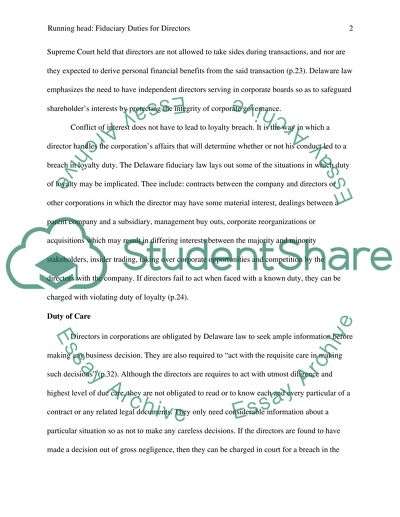Cite this document
(“Fiduciary Duties for Directors Essay Example | Topics and Well Written Essays - 1000 words”, n.d.)
Retrieved from https://studentshare.org/law/1430797-take-home-essay
Retrieved from https://studentshare.org/law/1430797-take-home-essay
(Fiduciary Duties for Directors Essay Example | Topics and Well Written Essays - 1000 Words)
https://studentshare.org/law/1430797-take-home-essay.
https://studentshare.org/law/1430797-take-home-essay.
“Fiduciary Duties for Directors Essay Example | Topics and Well Written Essays - 1000 Words”, n.d. https://studentshare.org/law/1430797-take-home-essay.


